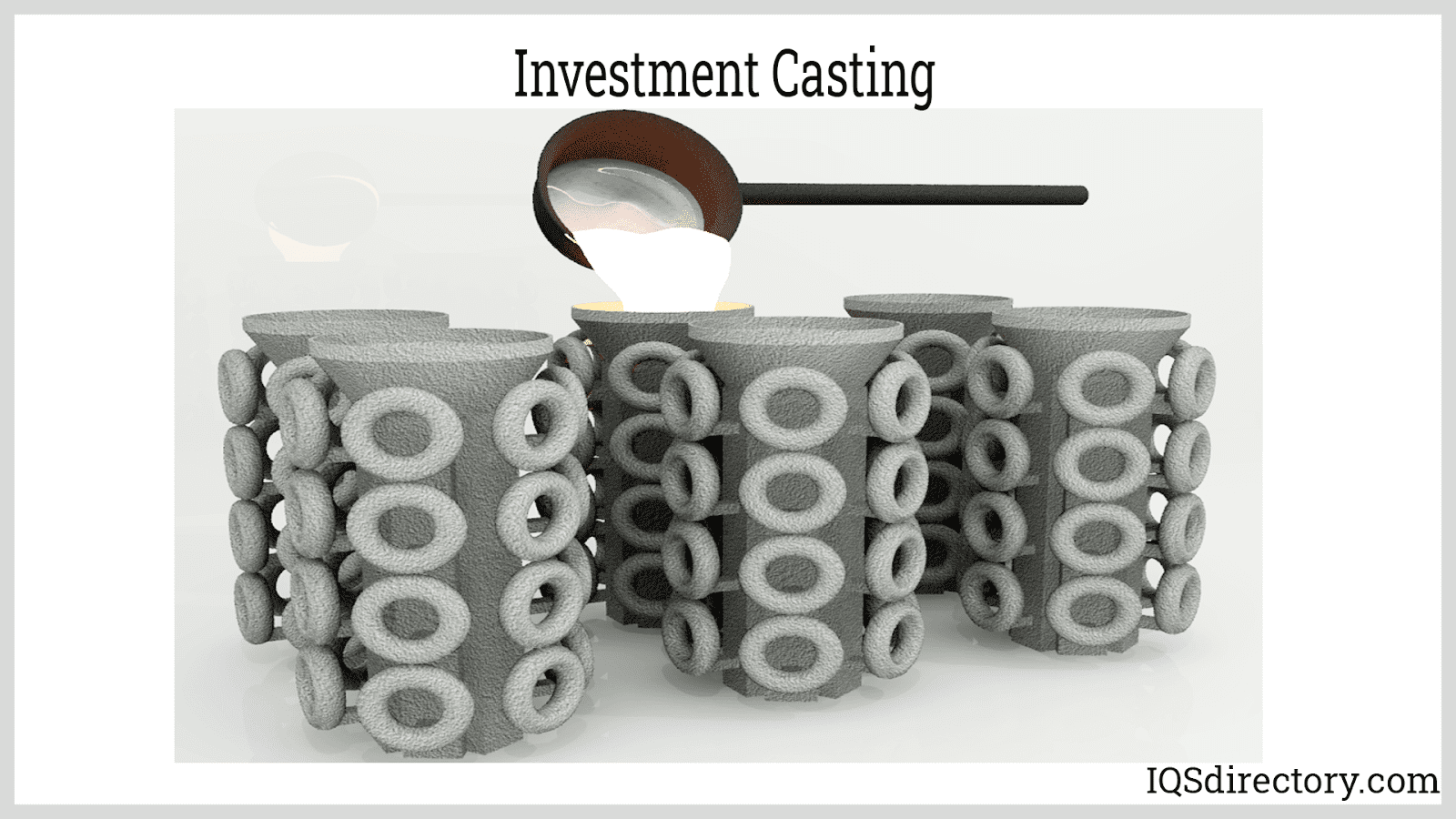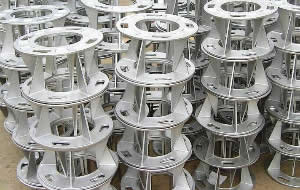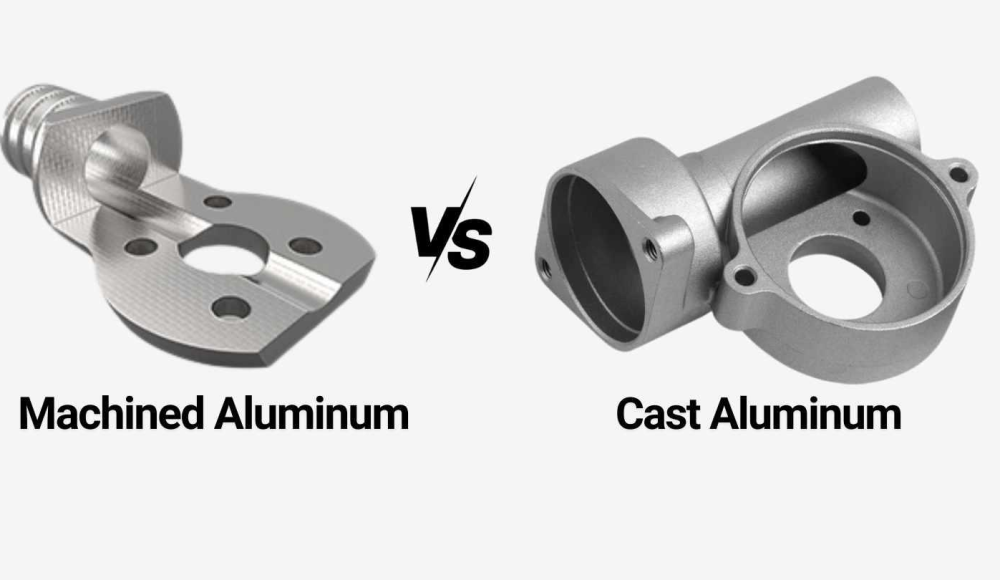A Comprehensive Overview to Selecting the Right Factory Providers for Your Task Requirements
Picking the ideal foundry solutions is important for the success of any kind of task. Each spreading approach-- sand spreading, financial investment casting, and die spreading-- has special advantages. Comprehending these options aids in making informed decisions. Material choice, manufacturing capacities, and top quality guarantee are key variables to think about. Additionally, reviewing prices can influence long-term viability. Aluminum Foundry. What factors should lead this decision-making process?
Comprehending the Various Kinds of Factory Solutions
While the world of foundry services might seem facility in the beginning glance, recognizing the numerous kinds can considerably improve the production process. Foundries generally specialize in casting metals, and the primary kinds include sand spreading, investment casting, pass away casting, and centrifugal spreading.
Sand casting includes developing molds from sand and is suitable for big parts or low-volume manufacturing. Financial investment casting, on the various other hand, provides high precision for complex layouts, making it suitable for aerospace or medical applications. Pass away casting, characterized by compeling molten steel right into molds under high stress, is effective for mass manufacturing of smaller parts.
Centrifugal spreading utilizes rotational pressure to distribute molten steel, generating solid, round elements. Each service type is and has unique advantages selected based on particular task needs. Recognizing these distinctions enables suppliers to choose the most appropriate factory solution, ultimately enhancing performance and item high quality.
Key Aspects to Think About in Product Selection
Choosing the ideal material for factory solutions is a vital action that affects the total success of a job. Secret consider material option consist of mechanical homes, thermal resistance, and corrosion resistance - Aluminum Casting Company. Understanding the desired application and its demands is important; products need to stand up to operational stresses while keeping integrity with time
One more important factor to consider is the material's compatibility with the picked production process, as some products are better fit for specific techniques. Cost-effectiveness additionally plays a considerable function, as budget restraints can limit choices.

Lastly, accessibility and preparation of materials can impact job timelines, making it needed for task supervisors to analyze these factors thoroughly. By meticulously reviewing these aspects, one can ensure a more successful and reliable foundry solution experience.
Examining Production Abilities and Technologies
Exactly how efficiently a shop can satisfy task specs depends upon its manufacturing capacities and modern technologies. An extensive evaluation of these elements is vital for project success. Manufacturing capabilities include the factory's capability to handle varying project timelines, intricacies, and dimensions. Understanding the foundry's tools and machinery is essential, as modern-day technologies such as computer system mathematical control (CNC) machining and advanced mold-making methods can substantially improve precision and efficiency.
In addition, the factory's use cutting-edge materials and procedures, such as 3D printing or shed foam casting, can offer benefits concerning layout versatility and cost-effectiveness. It is also crucial to assess the shop's capability to scale manufacturing, making sure that they can accommodate future boosts in demand without endangering high quality. By carefully assessing these elements, task managers can make informed choices concerning which factory is ideal fit to fulfill their details production demands and technological expectations.
Relevance of High Quality Guarantee in Steel Casting
Quality control stands as a vital column in the steel spreading sector, guaranteeing that every part fulfills stringent specs and criteria. This procedure involves methodical surveillance and evaluation of each stage of production, from first layout to last evaluation. Carrying out extensive quality control procedures enhances the dependability and efficiency of cast elements, minimizing the possibility of problems that can jeopardize architectural honesty.
In addition, reliable top quality assurance fosters count on between shops and customers, as adherence to high standards represents commitment to excellence. It additionally decreases pricey rework and hold-ups, simplifying manufacturing procedures. By determining prospective problems early, high quality assurance not only safeguards the end item however likewise adds to continuous renovation within the shop's procedures. Inevitably, prioritizing quality control in steel casting is important for achieving consumer contentment and preserving an affordable edge in the read industry.
Evaluating Cost-Effectiveness and Spending Plan Restrictions
While passing through the complexities of shop services, reviewing cost-effectiveness and budget plan constraints arises as a crucial variable for businesses. Recognizing the total price of possession entails even more than just the first cost; it requires an evaluation of long-term expenses, consisting of materials, labor, and functional effectiveness. Companies need to ask for comprehensive quotes that outline all prospective prices, allowing a clearer contrast between different shops.
Additionally, organizations should analyze their specific job demands versus budget restrictions. This consists of evaluating the trade-offs in between reduced costs and prospective influence on quality, preparations, and dependability. It is essential to think about whether the chosen shop offers scalable remedies that can accommodate future demands without substantial financial stress. By carefully balancing expense aspects with task objectives, companies can make informed decisions that enhance both budget and performance, guaranteeing successful results for their shop tasks.
Regularly Asked Questions
How Can I Guarantee Timely Distribution of My Shop Task?

What Qualifications Should a Foundry Company Have?
A trusted foundry company must possess qualifications such as ISO 9001 for quality monitoring, ISO 14001 for environmental monitoring, and industry-specific accreditations that show compliance with safety and security and performance criteria appropriate to the spreading process.
Can I Check Out the Foundry Before Deciding?
Yes, seeing the factory prior to making a choice is frequently advisable. This enables potential customers to assess the facility, satisfy the group, and guarantee that the solutions align with their details project requirements and criteria.
What Is the Typical Lead Time for Personalized Castings?
The normal lead time for personalized castings ranges from 4 to twelve weeks, depending on the complexity of the style, product specifications, and the foundry's capability. Prompt communication can usually accelerate the procedure.
How Do Factories Manage Layout Changes During Production?
Factories typically accommodate layout modifications during production by carrying out adaptable procedures. They analyze the influence on timelines and prices, communicate with clients, and adjust workflows to ensure quality while decreasing disruptions to the manufacturing timetable.
